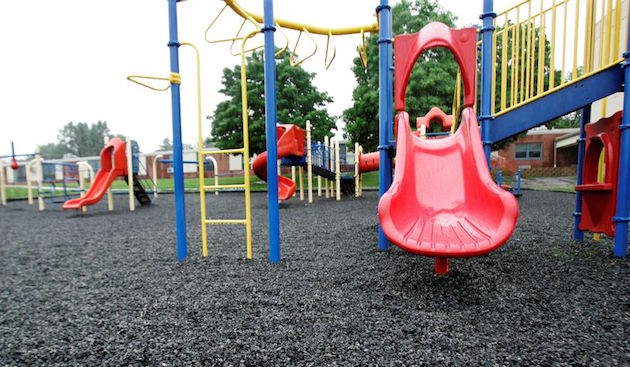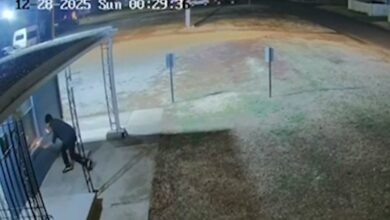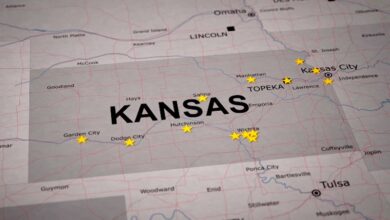Missouri church case poised to make history in Supreme Court

A case the U.S. Supreme Court just agreed to hear is about ground-up tires for a church playground, but it could be one of the more significant religious-exercise cases in a decade. The court will consider when states can provide aid to religious institutions.
Missouri nonprofits can apply to the state for scrap tires to use for rubber playground surfaces. Trinity Lutheran Church in Columbia, Mo., which has a daycare called the Learning Center, applied to receive the ground-up tires for its playground.
The state ranked the church’s application highly but refused the grant based on a state constitutional provision that forbids state money going to “support” churches. About 35 states have similar provisions.
The church challenged the application of the state constitutional provision in federal court. Trinity lost at the district court and the 8th U.S. Circuit.
The Supreme Court, to some surprise, took the case, and will hear arguments this spring. The court’s decision to take the case could possibly indicate the justices’ desire to reverse the 8th Circuit.
The significance of such a seemingly pedestrian case lies in a Supreme Court precedent from a 2004 case named Locke v. Davey. In that case, the court ruled under Chief Justice William Rehnquist that Washington state was justified in refusing a scholarship to a student studying theology at a private Christian school. Students in other nonreligious degrees were still eligible for aid.
Essentially, the court ruled that a state was justified in refusing to grant scholarships to train clergy. Now the Court will decide if that applies to other aid.
“The Trinity Lutheran Church case is important because it’s going to resolve whether Locke should be read narrowly or broadly,” said Carl Esbeck, a religious freedom lawyer at the University of Missouri School of Law, just down the road from the church.
Esbeck filed an amicus brief on the side of the church in the lower court. “If you care about religious liberty, you want Locke to be read narrowly.”
When a three-judge panel of the 8th Circuit ruled against the church, one judge, Raymond Gruender, dissented in part.
He wrote that “Locke did not leave states with unfettered discretion to exclude the religious from generally available public benefits.” He also believed that “the disfavor of religion here is more pronounced than in Locke.”
“Schoolchildren playing on a safer rubber surface made from environmentally-friendly recycled tires has nothing to do with religion,” Gruender wrote in his dissent.
The facts in this case are good for the church because it is clear that scrap tire does not somehow promote the Christian gospel. and the playground is a resource for neighborhood children.
“They haven’t had a case like this since Locke v. Davey … so we haven’t seen anything like this for 12 years,” Esbeck said. “If they rule here in favor of the church, it’s probably going to stand for another 12 years at least.”







